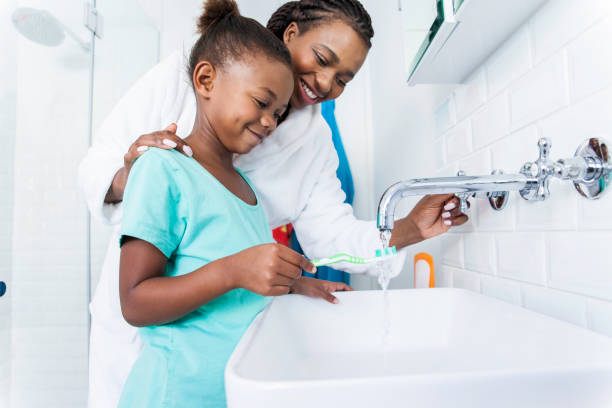Enter your email to receive the CareQuest newsletter:
Blog
Want to hear from industry experts who are working to increase access, equity, and integration in the oral health industry? Curious about the new innovations and emerging best practices that are shaping the future of care? Explore our blog to find the stories, perspectives, and ideas that paint a picture of progress and change in oral health.

Stay Informed
Get the latest oral health news, stories, resources, and education in our newsletter. Check out a sample newsletter.
Share Your Story
Share your story – and your voice – with the oral health community.
Press Releases
Stay up to date on CareQuest Institute news, issues, and research.
In the News
See how CareQuest Institute’s work is influencing the industry.
It’s essential to meet patients where they are — whether that means bringing a mobile clinic to their school or making an effort to understand their language.That was one theme from a recent webinar, “Advancing Equity in Hispanic and Latino Communities: Strategies to Integrate Compassionate Care,” from CareQuest Institute and the Hispanic Dental Association (HDA). The webinar, which drew nearly 500 learners, covered innovative approaches to serving Latino and Hispanic populations, leadership development within these communities, and the importance of cultural humility.
Thanos Zavras, DDS, MS, DMSc, knows that dentistry is not a one-size-fits-all treatment, especially for people with disabilities. “While the art and science of dentistry has made significant progress, along with major technological breakthroughs such as digital imaging, digital dentistry, and so much more,” he says, “access to dental care for people with intellectual and developmental disabilities (IDD) remains problematic.”
For far too many people in this country, oral health care is too expensive and out of reach — even though we know it is critically important to overall health. And for far too long, despite strong support from voters, candidates and policymakers have consistently put “access to oral health” on the backburner. This election cycle, we need to change that.
Ensuring children have access to oral health care is a local challenge in many parts of the country. “Maine has reached a low in access to care like we’ve never seen,” says Courtney Vannah, IDPH, MS, MPH, senior program manager at MCD Global Health, a nonprofit dedicated to improving the health and well-being of people worldwide. “Children in Maine have long faced challenges in access to dental care within the traditional dental care delivery model.”
Robert MacArthur, DMD, is well aware of how a patient could feel uncomfortable sitting in a dental chair. “Dentistry is an extremely invasive profession,” MacArthur says. “It requires a lot of trust, and it’s really humbling when I put myself in the dental chair at least twice a year just for a regular cleaning. It’s good to be reminded of how invasive it can be.”
Last month, the Oral Health Progress and Equity Network (OPEN) brought together 170 oral health advocates to discuss how to engage with candidates and the media this election season and raise oral health as a key issue. Experts in advocacy, community engagement, and media shared their insights and tips with attendees at the 2024 OPEN Advocacy Assembly. “It’s tough to find an issue like this in today’s America that has broad popularity,” said Peter Mitchell, chief insights officer at Marketing for Change.
By Kaz Rafia, DDS, MBA, MPH, Chief Dental Officer and Executive Vice President of Health Equity, CareQuest Institute As we began creating self-paced courses for CareQuest Institute, we took a closer look at terminology in oral health care — terms like “value-based payment,” “fee-for-service,” “interoperability,” and “care coordination.” One phrase continued to give us pause and generate thoughtful discussion: social determinants of health.
As a filmmaker, Paul Gibbs tells other people’s stories for a living. He didn’t know his own story — about trying to access oral health care — would have such a profound impact. “My dental care experience turned out to be much more expensive, invasive, and painful than it needed to be,” Gibbs says. “And it was because while my doctors had recognized that oral health is part of the overall larger picture, my insurance didn’t.”
In November 2020, Martha’s Vineyard Hospital (MVH) Dental Clinic, the only clinic on the island accepting Massachusetts Medicaid (MassHealth), closed, worsening health care disparities for the Wampanoag Tribe of Gay Head (WTGH). For many tribe members, including elders, removing local access to oral health care highlighted broader issues of limited provider availability, geographical isolation, and the challenges of traveling off-island for care.
“If they had a job, they could get real insurance and afford to get their teeth fixed.” “People are lazy if they have state insurance. They’re not as educated as others.” “Anyone could go to the dentist if they wanted to. They are choosing not to or not prioritizing it.” These are common perceptions about patients who struggle to access oral health care — a frequent topic during Wisconsin Medical-Dental Integration (MDI) Advisory Council quarterly meetings.